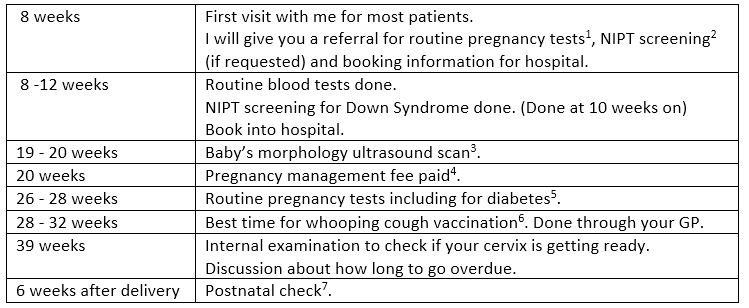

In 2016, nearly 1 in 4 women-24 percent-started care late or received fewer than the medically recommended number of visits. 5ĭespite the importance of prenatal care for maternal and infant health, not all people receive adequate or timely care. 4 Women who do not receive prenatal care are also three to four times more likely to die from pregnancy-related complications than those who do receive care. 3 Low weight and preterm birth in infants contribute to additional complications, including an increased risk of sudden infant death syndrome (SIDS), respiratory and gastrointestinal problems, and other long-term health complications. Compared with infants born to mothers who received prenatal care, infants whose mothers did not receive prenatal care are three times more likely to have a low birth weight-defined by the World Health Organization as a weight of less than 5.5 pounds-and are five times more likely to die in infancy. Prenatal care is critical in ensuring healthy outcomes for all. 2 This allows for early detection and treatment of certain medical conditions that can harm a pregnant person or an infant-such as infection, gestational diabetes, and preeclampsia-while also providing opportunities to address parents’ questions or concerns.

In the United States, experts recommend 13 to 14 prenatal visits with an obstetrician or a midwife, starting between weeks eight and 10 of pregnancy. The approaches of each of these programs have been shown to improve infant health outcomes, particularly among communities at higher risk for poor maternal and infant health outcomes. This issue brief highlights three different programs that provide prenatal care and/or support, exploring what happens when this care is reimagined as a broader, holistic system of supports throughout pregnancy in order to improve birth outcomes and ensure optimal health for parents and infants. Yet nonmedical facets are critical to pregnant peoples’ overall health and, by extension, the health of their infants. Moreover, prenatal care often focuses on the medical aspects of pregnancy, including prenatal screening and management of chronic conditions such as diabetes, to the detriment of other nonmedical aspects-for example, mental health and obstacles to seeking care. However, barriers to this care remain, especially for younger people, people of color, people with low incomes, linguistic minorities, and other marginalized groups. Dealing with these changes can be difficult, and all families benefit from additional help navigating the transition.Ĭurrently, prenatal care is the most routine source of care, pregnancy education, and support for expectant parents in the United States. 1 Pregnancy is a period of change in addition to profound physical changes for the expectant parent, giving birth to a healthy baby often requires the transformation of families’ homes, relationships, and schedules throughout pregnancy. Healthy babies begin with healthy, supported parents. Author’s note: CAP uses “Black” and “African American” interchangeably throughout many of our products. We chose to capitalize “Black” in order to reflect that we are discussing a group of people and to be consistent with the capitalization of “African American.”


 0 kommentar(er)
0 kommentar(er)
